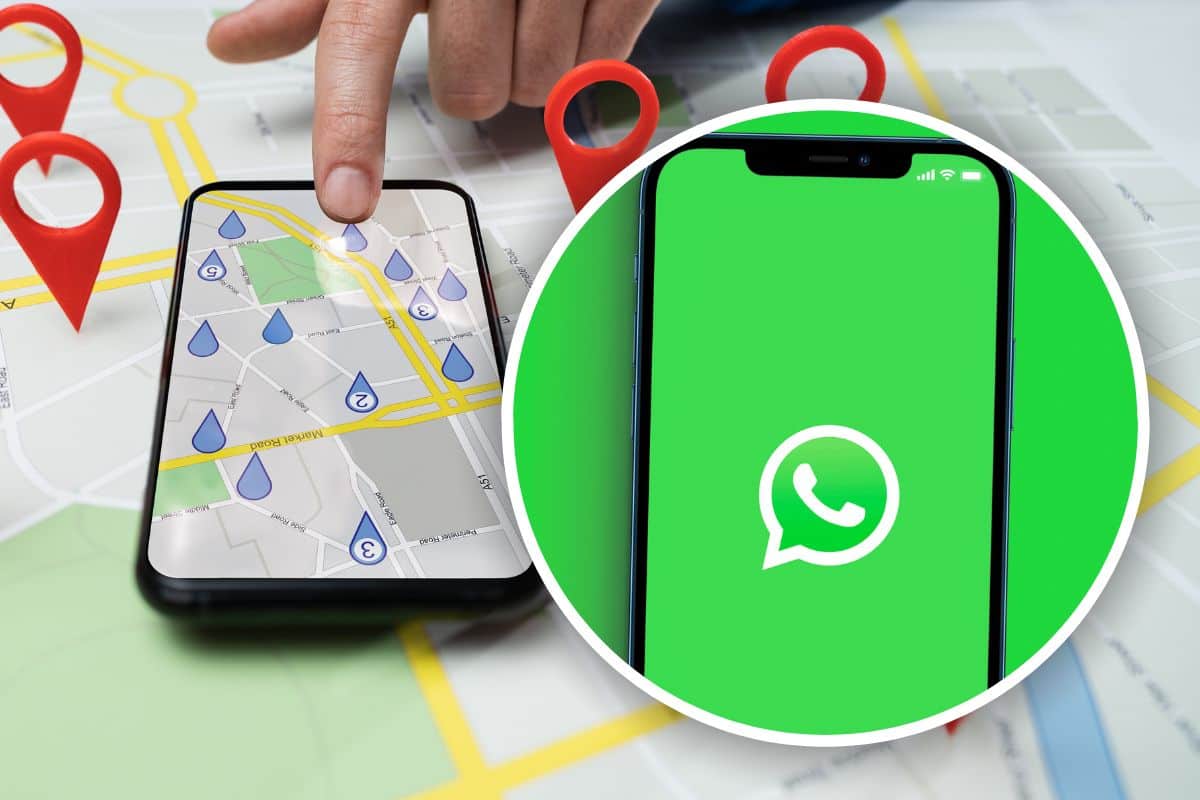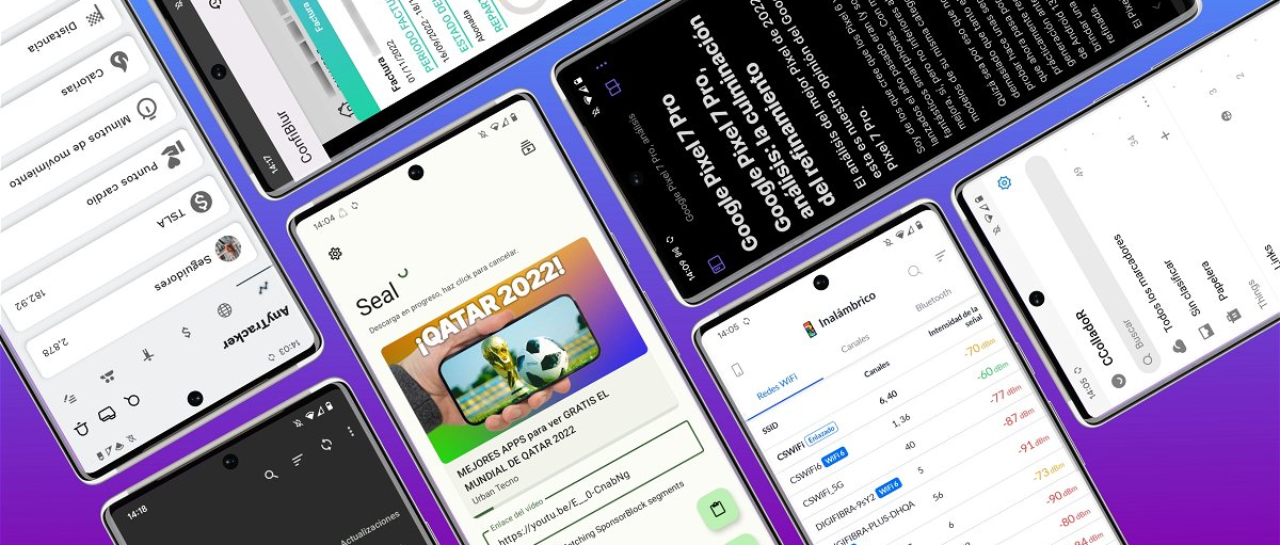A Kaspersky study highlights the lack of reliability in the security of third-party automated apps. Researchers’ advice
Sector Automotive In recent years the relationship between the user and their car has evolved, thanks to the advantages and advances in technology, especially mobile technology.
It is still an emerging market and not too wide globally, as it is associated with a specific location of vehicles, but unfortunately that is not free from problems. Security Which often and voluntarily separates parts of smartphones and tablets, including phishing attacks and Malware Able to sneak into downloaded applications on our mobile devices.
A recent investigation has confirmed this KasperskyWhich highlights some dangers Third party apps Which offers users a “smart” control of their vehicle, such as opening or closing doors via a quick tap on a mobile phone screen, even turning on or off the engine, and managing the air conditioning system. These features have already been incorporated into official car applications that can be controlled via smartphones, but there are third-party solutions on the market that promise to expand the possibilities of use but have implications for privacy.
Automated Applications: According to Kaspersky, always choose the official program

Researchers from Kaspersky They came to this conclusion after analysis 69 third party applications. Ask car owners to include these programs, in fact Login Certificate. Moreover, according to research, 58% of these apps do not warn users about the risk of losing control of the vehicle and do not provide any specifications on how the developer will communicate. Where such certificates end up in the wrong hands – and therefore for sale on the Dark Web – cybercriminals may actually have all the tools to access and control them. Of the car.
This is why the Kaspersky team recommends that you always use it Official apps Made by “smart” vehicle manufacturers instead of potentially less reliable third party solutions in terms of safety. Finally, you can check the permissions that the app asks for access and avoid its permissions. AccessibilityOften and voluntarily attackers use it to steal personal information.













